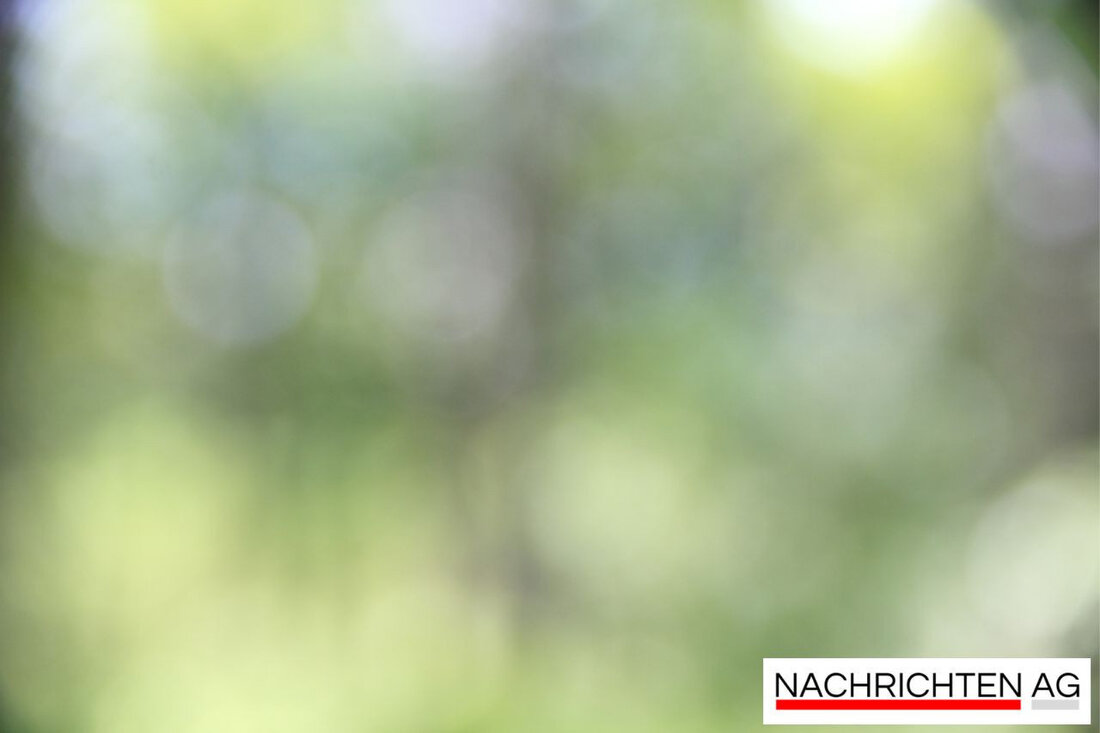Theel in Lebach: Successful renaturation for better nature!
The renaturation of the Theel in Lebach by the Landschaftsagentur Plus GmbH will increase ecological diversity and quality of life by 2027.

Theel in Lebach: Successful renaturation for better nature!
The renaturation of the Theel in Lebach is an important project that not only aims to promote local biodiversity, but is also in line with European environmental regulations. The Landscape Agency Plus GmbH has successfully redesigned the Theel over a length of around 700 meters. The aim of this project is to remedy deficits resulting from decades of straightening measures and thus return the water to an ecologically stable state.
The renaturation work was commissioned in 2021 by the project company Batteriefabrik Heusweiler mbH. The purpose of the transformation is to create a river with good ecological and chemical status by 2027, as the European Water Framework Directive (WFD). This directive aims to ensure that all watercourses are in good condition by 2027 at the latest.
Measures for ecological improvement
The initial situation of the Theel was characterized by a monotonous course and steep bank embankments, which made a targeted, ecologically necessary upgrading necessary. The vegetation along the water did not correspond to the natural site conditions. The newly modeled stream flow and the use of biological engineering construction methods, such as bed belts, now create a structurally rich habitat for flora and fauna.
The company Floratec GmbH was responsible for the technical redesign measures, in which existing hydraulic stones were also reused. These now serve as disruptive stones to improve the water dynamics. The renaturation not only increases the quality of life of the flora and fauna, but also the recreational value for the population in Lebach, as the waterbed can now be directly seen and experienced.
Legal basis and outlook
The renaturation complies with the legal requirements of the WFD and the German Water Resources Act (WHG). The latter forms the core of German water law and regulates the protection and sustainable use of water bodies. The WHG prescribes renaturation requirements in order to preserve the natural conditions of water bodies and to return naturally developed water bodies to their original state.
According to recent reports, only around 7% of German streams and rivers were in good ecological status in 2014, while 93% fell short of this target. The main cause of these problems are hydromorphological changes, which lead to an impairment of the structural design and diversity of water bodies. The federal and state water working group coordinates measures to improve the condition of water bodies, with renaturation being seen as crucial.

 Suche
Suche
 Mein Konto
Mein Konto